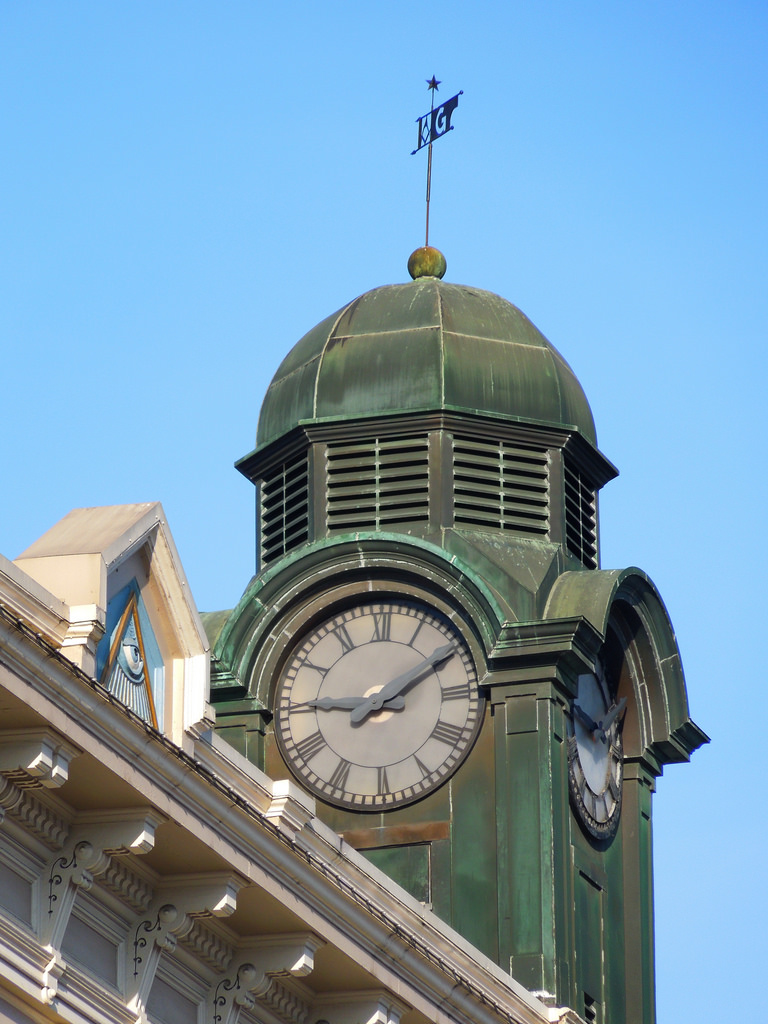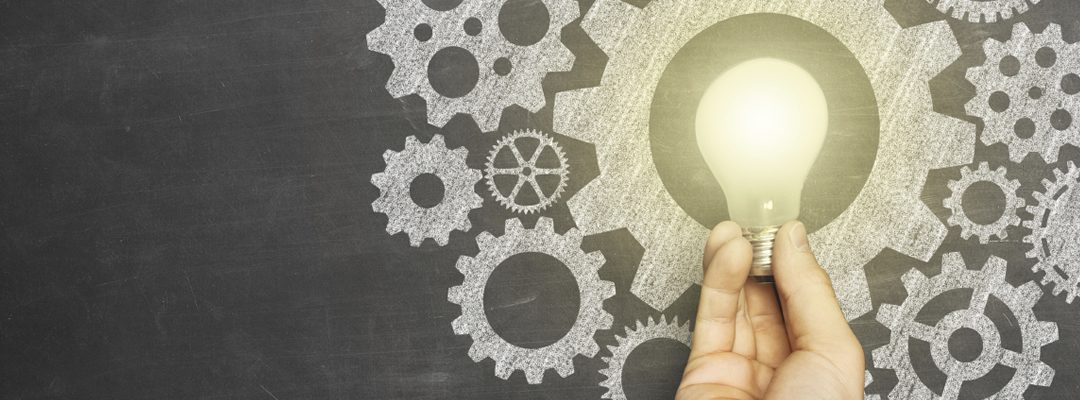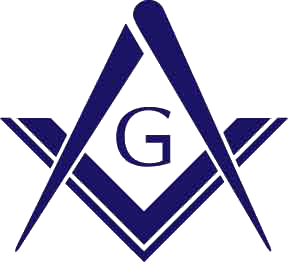This idea that Freemasonry can improve people, that it “makes good men better,” along with its long history and rich traditions, is among its primary appeals. I see it alluded to in almost everything I’ve read and it was certainly disucssed in the one conversation I had, but the answer as to just how Freemasonry does this seems elusive. I was told, basically, that it can’t be explained, you can only know it by doing it. That may be the only answer, but it is not a very satisfying answer. If you could explain this to me, then maybe I would come beat the doors down to join and my previous experience would be rendered instantly moot.
Well, I don’t know if I can give a good answer, so let me try a simple one at least.
Take a group of men who sincerely wish to improve themselves. Put them into a situation where the usual divisions between men of good will — religion, politics, business ambition — are set aside in an atmosphere of equality and generosity of spirit. Provide them with lessons and symbols of a progressive science of (on one level) morality and good works, and (on another) esoteric paths to inner growth. Furnish them at meetings with a pleasant atmosphere (good conversation, dinners, etc). And give them a job to do, a very simple one if they all work together, but one that absolutely cannot be done properly by one man or a small group within the lodge, namely running the lodge itself: instructing candidates, learning and teaching the ritual, looking after sick members and the widows of departed brothers, doing various small community projects like blood-drives and scholarship funds, staying in contact with prospective candidates, making sure that dues are paid and books are kept, visiting other lodges, and so on.
That simple job of being a lodge is enough of a task to give a lodge focus, to get everyone working together. And that process of working together on those simple tasks in that situation, using those symbols as guides for action, speech, and thought, is what eventually, slowly, gently teaches Masonry to the willing student.
— Unknown


